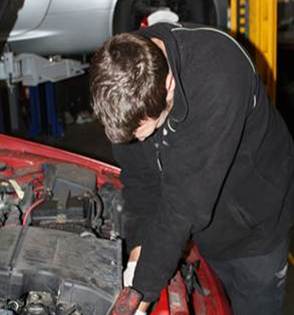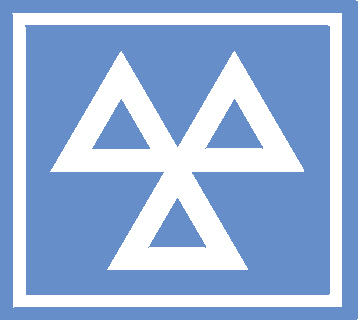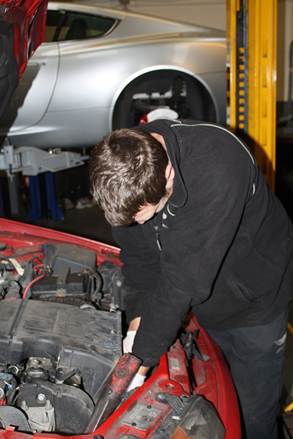MOT Testing

MOT System MaintainedThe Department for Transport has issued a statement announcing that it has rejected plans to reduce the frequency of MOT tests and will maintain the current 3-1-1 system where a vehicle is tested 3 years after registration and then every year thereafter.
Ministers had considered the idea of delaying a car's first MOT from three years to four, and then having tests every two years instead of each year. Maintaining the current system is welcome news to the automotive industry, which has seen numerous trade bodies and organisations campaigning against any relaxation of the current 3-1-1 system, with serious concerns that it would put jobs at risk, reduce turnover and most significantly compromise the safety of the vehicles and passengers on the UK’s roads. Rather than adjusting the current MOT system, the Government has stated that it will work with industry, motoring organisations and consumer groups to focus on the reliability and standards of garages. The Government has decided to:
"Our garages are crucial to ensuring that Britain’s roads continue to be among the safest in the world. Most are doing good work but the latest data shows that there is room for improvement." "I want each motorist to be confident that a visit to the garage ends with their car repaired to a high standard by reputable mechanics rather than uncertainty about cost and the quality of service." "Giving drivers the very best information about garage performance is absolutely key to achieving this goal. It means that responsible garages will be well placed to reap the commercial benefits of transparency. Garages where performance is not up to scratch will find themselves under pressure to do more for their customers." For more information on recent developments in MOT testing, please see our related article on ‘MOT Test Changes 2012' and the information in the ‘Related Downloads’ section.
Source: www.dft.gov.uk |
Related Articles Related Downloads |

 Transport Secretary, Justine Greening said:
Transport Secretary, Justine Greening said: